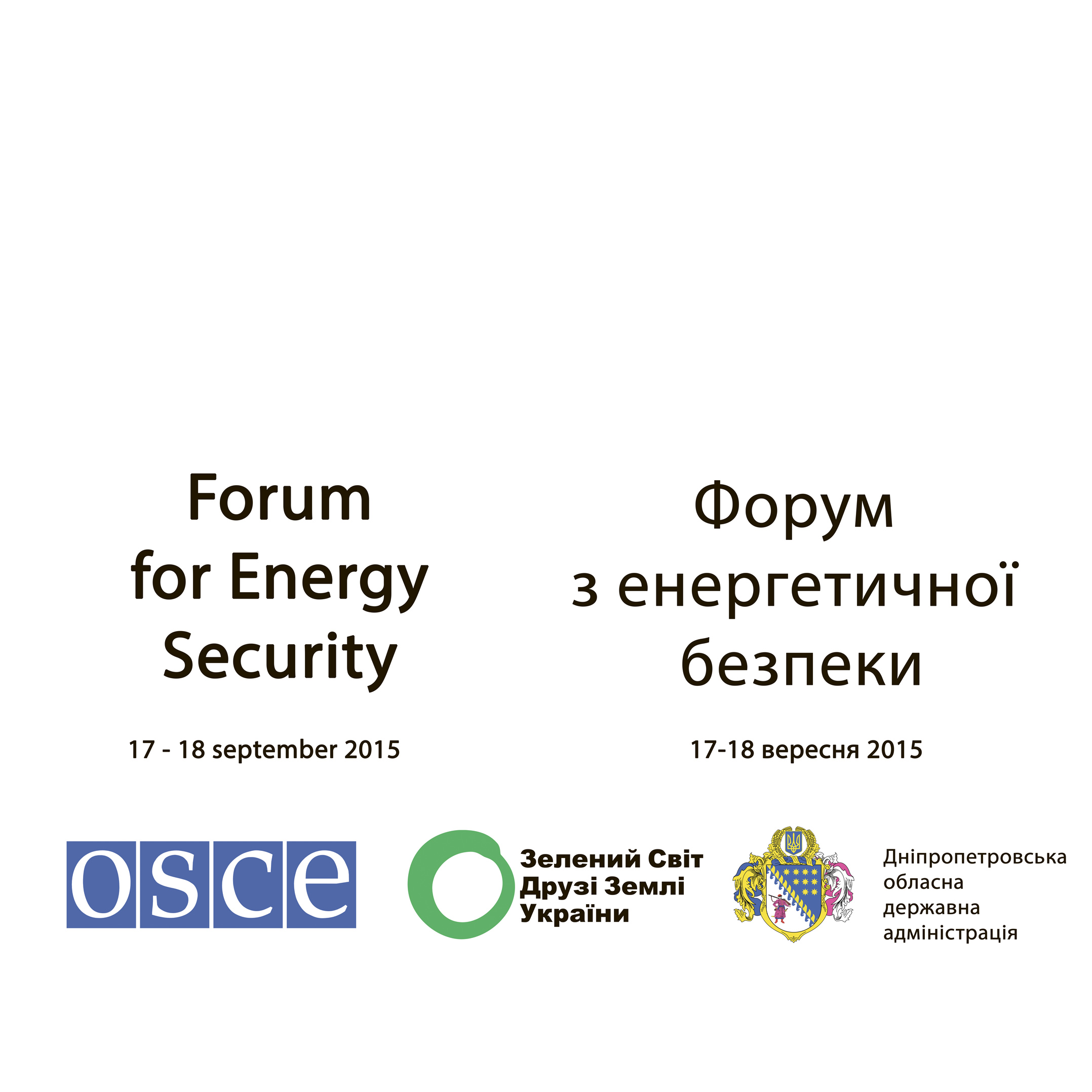Категорія: Наші заходи
-

Мінприроди підтримує позицію громадської ради щодо недопущення перепідпорядкування Держводагенства
Громадська екологічна рада Дніпропетровської облдержадміністрації звернулася до Мінприроди щодо недопущення передачі Держводагенства у підпорядкування Міністерства аграрної політики та продовольства України. У відповіді зазначено, що Міністерство підтримує позицію громадської ради з цього питання і висловлює сподівання на подальшу підтримку. Повний текст відповіді доступний за посиланням: Мінприроди
-

Громадські активісти затвердили план робіт на 2016 рік
3 березня представники екологічних організацій Дніпропетровщини зібралися на чергове засідання громадської екологічної ради при Дніпропетровській облдержадміністрації. Окрім громадських активістів – членів ради на засіданні були присутні заступник голови облдержадміністрації Володимир Пруцаков, директор департаменту екології та природних ресурсів Руслан Стрілець, член постійної комісії з питань екології та енергозбереження Дніпропетровської облради Микола Чабаненко, директор Дніпровсько-Орільського природного заповідника…
-

Forum on Energy Security took place in Dnepropetrovsk on 17-18, September
Forum on Energy Security took place in Dnepropetrovsk on 17-18, September. It was organized by OSCE, Ukrainian Ecological Association Zelenyi Svit/ Friends of the Earth Ukraine and Dnipropetrovsk Regional State Administration. From left to right: Ruslan Strilets’ – Director of the Department of Ecology and Natural Resources of Dnipropetrovsk Regional State Administration, Olexiy Angurets-…